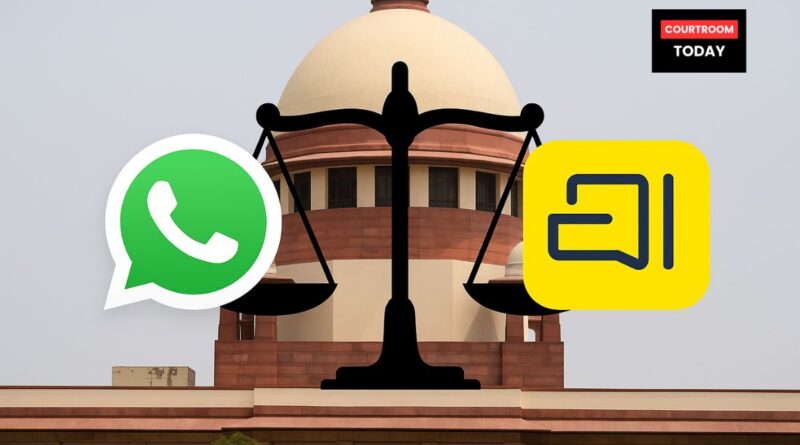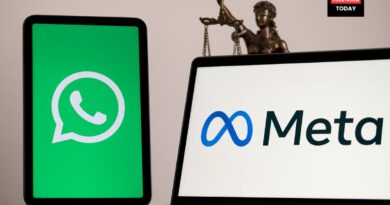“Use Arattai”: Supreme Court Suggests Indian App After WhatsApp Block Case
The Supreme Court recently stated that using WhatsApp is not a fundamental right, while dismissing a petition filed by individuals whose WhatsApp accounts had been blocked.
A Bench comprising Justices Vikram Nath and Sandeep Mehta made this observation while hearing a plea filed under Article 32 of the Constitution, in which the petitioners sought restoration of their blocked WhatsApp accounts.
The petitioners, represented by Senior Advocate Mahalakshmi Pavani, informed the Court that they had been using WhatsApp for over a decade to communicate with clients at a clinic and diagnostic centre. Suddenly, their access to the platform was restricted without any prior notice or explanation from WhatsApp.
When the Bench asked what fundamental right was being violated, the counsel argued that their communication and business had come to a halt after their accounts were blocked.
Justice Mehta then remarked, “There are several other communication platforms available. You may use those. Recently, there’s an Indian app called Arattai—you can use that. It’s made in India.”
Arattai is an instant messaging app developed by Chennai-based Zoho Corporation.
When Justice Nath inquired why the accounts had been blocked, the petitioners said that WhatsApp had not provided any reason or opportunity to respond. The petition also urged the Court to frame national guidelines for social media intermediaries regarding account suspension and blocking, emphasizing the need for transparency and due process.
However, the Court questioned the maintainability of the petition, asking whether WhatsApp could be considered a “State” under constitutional law. When the counsel admitted it was not, the Bench observed that even the High Court might not have jurisdiction under writ proceedings in such cases.
The Court allowed the petitioners to withdraw their plea, granting them liberty to pursue remedies available under civil law, such as filing a civil suit before the appropriate forum.
When the counsel requested the Court to direct WhatsApp to restore their access, the Bench refused to issue any such order.





